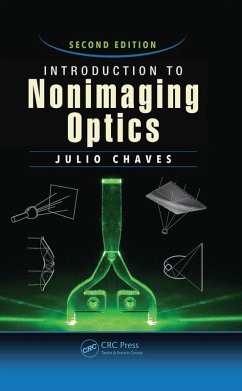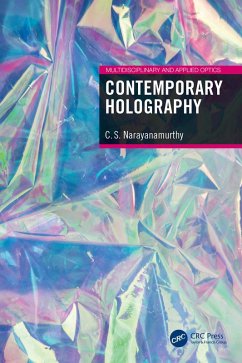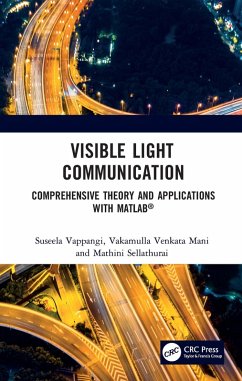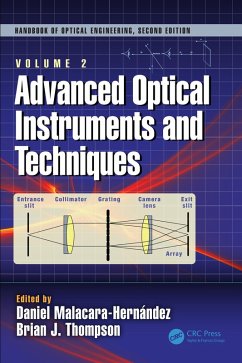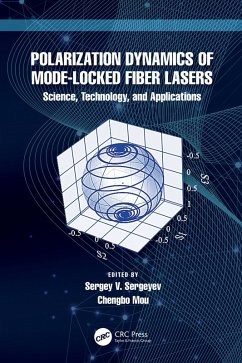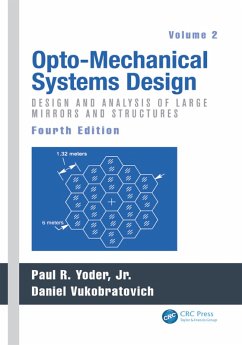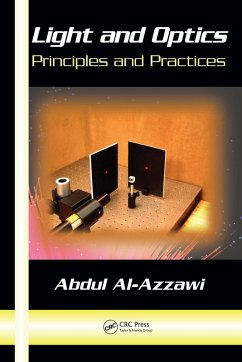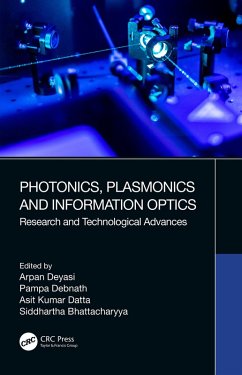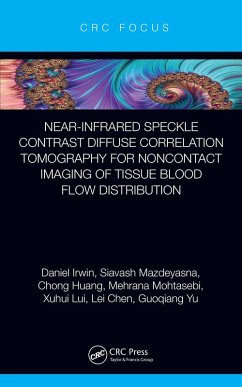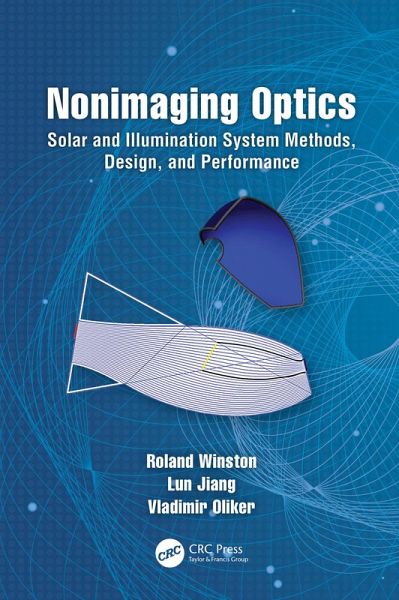
Nonimaging Optics (eBook, PDF)
Solar and Illumination System Methods, Design, and Performance

PAYBACK Punkte
24 °P sammeln!
This book provides a comprehensive look at the science, methods, designs, and limitations of nonimaging optics. It begins with an in-depth discussion on thermodynamically efficient optical designs and how they improve the performance and cost effectiveness of solar concentrating and illumination systems. It then moves into limits to concentration, imaging devices and their limitations, and the theory of furnaces and its applications to optical design. Numerous design methods are discussed in detail followed by chapters of estimating the performance of a nonimaging design and pushing their limi...
This book provides a comprehensive look at the science, methods, designs, and limitations of nonimaging optics. It begins with an in-depth discussion on thermodynamically efficient optical designs and how they improve the performance and cost effectiveness of solar concentrating and illumination systems. It then moves into limits to concentration, imaging devices and their limitations, and the theory of furnaces and its applications to optical design. Numerous design methods are discussed in detail followed by chapters of estimating the performance of a nonimaging design and pushing their limits of concentration. Exercises and worked examples are included throughout.
Dieser Download kann aus rechtlichen Gründen nur mit Rechnungsadresse in A, B, BG, CY, CZ, D, DK, EW, E, FIN, F, GR, HR, H, IRL, I, LT, L, LR, M, NL, PL, P, R, S, SLO, SK ausgeliefert werden.




